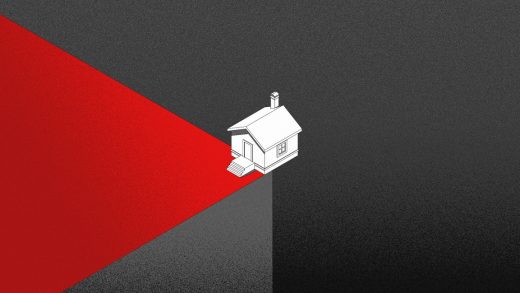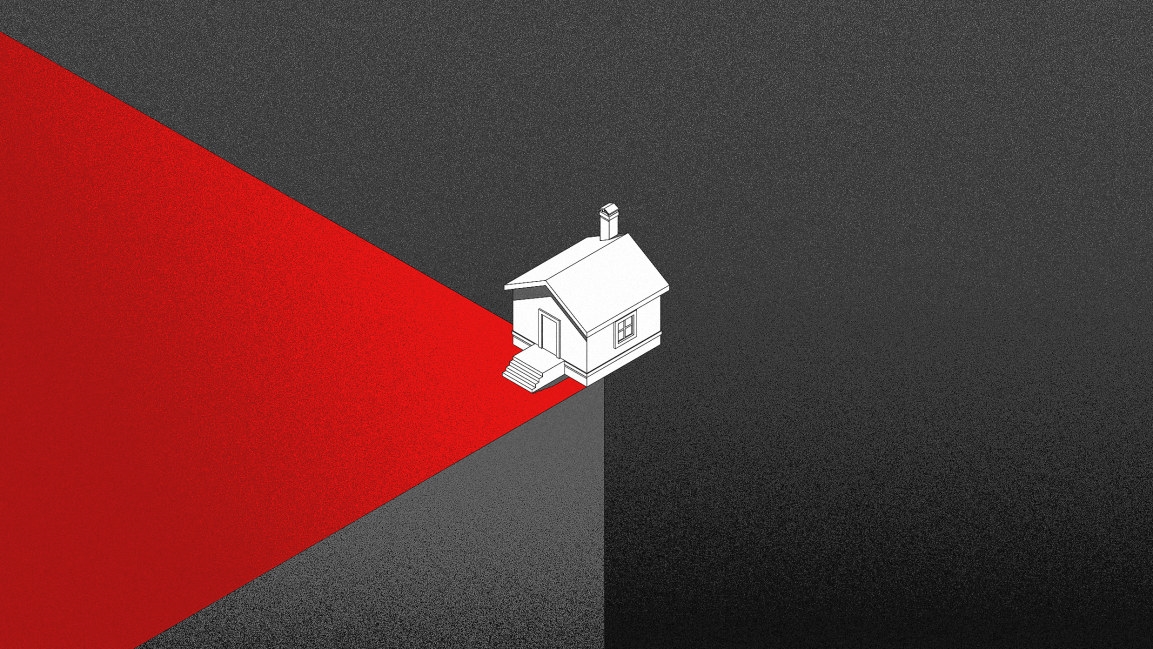No, Trump didn’t ban evictions
Over the next several months, as the coronavirus outbreak drags on, between 30 and 40 million Americans may face eviction. Trump’s new executive order on housing, on its own, won’t change that: Though the president had talked about an eviction moratorium, all the new action does is ask officials to “consider” an actual ban.
“The executive order does more than fall short—it does not protect renters at all,” says Peggy Bailey, vice president of housing policy at the nonprofit Center on Budget and Policy Priorities. “It allows agencies to consider eviction protection and consider looking for sources of funding for rental assistance, but it does not mandate that anything happen. It does not extend even the limited federal eviction moratorium that was included in the CARES Act.”
In March, as part of the CARES Act, Congress passed a moratorium that prevented some evictions. Property owners with federally backed mortgages couldn’t evict tenants if they couldn’t pay rent. The moratorium protected around 12 million people from losing their homes, but after four months, it expired in late July. Like other coronavirus aid, it was supposed to offer temporary protection until the virus could be controlled—something that the United States has failed to accomplish. That early moratorium also didn’t protect the millions of Americans who live in rentals with private mortgages. Many state eviction moratoriums that protected those renters have also expired.
When he announced the new executive order on Saturday, Trump said that he was “protecting people from eviction.” In fact, all he did was direct the Secretary of Health and Human Services and the director of the CDC to “consider whether any measures temporarily halting residential evictions of any tenants for failure to pay rent are reasonably necessary to prevent the further spread of COVID-19 from one state or possession into any other state or possession.”
A full solution needs to go beyond an eviction moratorium to provide rental assistance, Bailey says, as has been proposed in the House’s HEROES Act. “Moratoriums are definitely needed, but they’re a Band-Aid approach, because during most moratoriums, the people will still accrue rent,” she says. “They’re still there, they still owe the rent, they’re just not being evicted for not paying it. So rental assistance is especially needed to make sure that people aren’t accumulating debt that they’re going to struggle to pay back once the pandemic is over.”
It’s critical to make sure people can stay in their homes to allow for social distancing, so people aren’t moving to crowded apartments with family members or in homeless shelters that are even more crowded at a time when the virus is still spreading. It’s also important for the economy. “Keeping people in their house right now, during the health crisis, is extremely important,” Bailey says. “But also, if we want people to get back to work in the recovery, letting people become evicted and moving from place to place or ending up homeless threatens their ability to sustain employment. And that will put them further behind, especially as we try to come out of the recession.”
(16)



